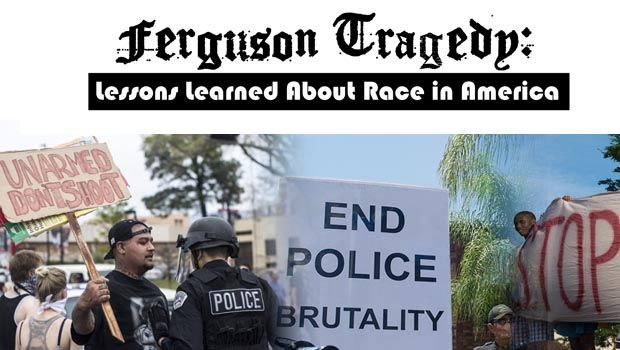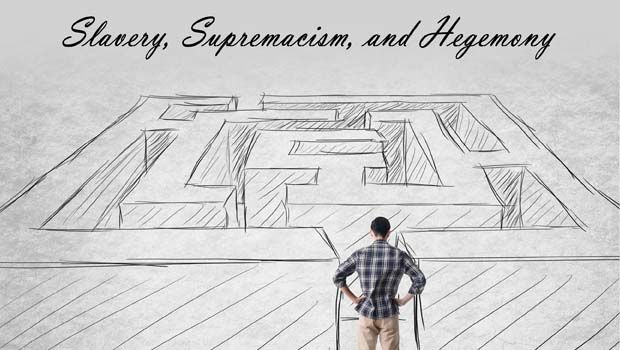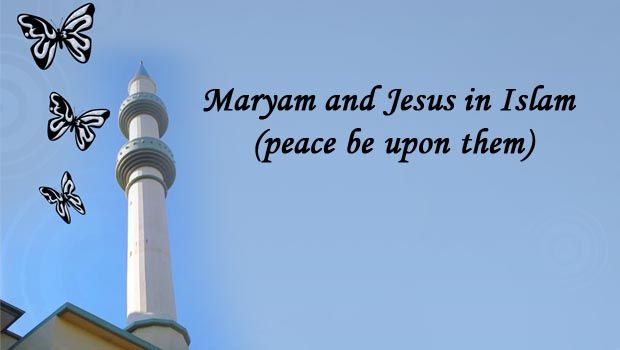Ferguson, a small suburban town in Missouri, has recently been the focus of global media attention for The August 9 shooting death of a black teenager, Michael Brown, by a Darren Wilson, a white police officer. The mostly peaceful protests that followed night after night turned violent at times, resulting in Missouri Governor Jay Nixon calling in the National Guard and imposing a midnight curfew. A vigorous debate on the intractable issue of race in America has been ignited once again by media outlets and in public policy forums, and on social media sites where the conversation becomes very intense and divisive at times. The Ferguson tragedy has raised several questions about the social fabric of American society.
Laws and social norms attempt to regulate, always imperfectly, human behavior. Minds and hearts, though, can only be cleansed and elevated through divine guidance and spiritual practice
The first issue is the social impact of changing demography. Ferguson, a suburban town of 21,000 people and a part of metropolitan St. Louis, is administratively included in St. Louis County. While most of the county population is white, Ferguson and neighboring towns are predominantly black. Blacks were once a minority in Ferguson, but the city’s demography has shifted in recent decades after white families moved out to surrounding suburbs. In 1970, whites were 99 percent of the Ferguson population. However, in 2010, 67 percent of the population was black and, according to Richard Rosenfeld, a professor of criminology and criminal justice at the University of Missouri-St. Louis, Ferguson has “a relatively stable, working and middle-income community but it does have its pockets of disadvantage.” Yet, the town’s executive leadership and its police force are predominantly white, almost 94 percent in 2014. This disparity can negatively impact the community as shown in a racial profiling study indicating that while blacks make up 67 percent of the city’s population, they account for 86 percent of traffic stops by the police, and 92 percent of all arrests in Ferguson. The Ferguson Annual Operating Budget Report states, “Municipal Court Fines are a product of the penal system. It is not the City’s policy to maximize its government finances through the use of the judicial process.” Yet, the sad irony is that one fourth of the town budget is collected through court fines, as in other small towns in Missouri, and mainly come from black citizens and other minority groups.
Another sad fact is that, unfortunately, the shooting and killing of a black teenager was not an isolated event in American policing. It is a pattern. According to the latest available homicide data of the FBI, during the seven year period ending in 2012, nearly two times a week in the United States a white police officer killed a black person. Compared to white teenagers, black teenagers are twice as likely to be killed by a white police officer. The unjust American prison-industrial complex also presents the racial divide in a vivid manner. The prison population in the U.S. is larger than that in any other country in the world. Of the total 2.3 million, one million prisoners are black. Hispanics and African-Americans are 25 percent of the U.S. population. However, among the prison population, they account for 60 percent.
The second issue raised by the killing of Michael Brown is the severe ethnic and political polarization on race issues in American society. According to the latest Pew Research poll, 80 percent of black people believe that the Ferguson case raises important issues about race. Thirty-seven percent of white people surveyed agreed. However, 47 percent of white people also said that race has been getting too much attention in America. The responses broke along political affiliation as well as racial lines, with 68 percent of Democrats thinking the shooting raises important racial issues but only 22 percent of Republicans think so. Some media commentators on Fox News even declared that talking about race issues is itself racism. Conservative pundits generally do not consider that there is a race problem in America and do not seem unduly concerned that young black males are too often subject to racial profiling and presumed suspicious just because of the color of their skin.
The third issue raised by the killing of an unarmed black teen in Ferguson is that historically racial prejudices are deeply rooted in American society. There is no question that the U.S. has made great strides toward the achievement of racial equality, especially since the 1950s. Having an African-American president in the White House is the greatest testimony to this progress. Still, bigotry remains in the minds and hearts of too many Americans. In 1999, The American Assembly, a public policy forum established by President Eisenhower at Columbia University in New York City, presented a report suggesting that American society has not resolved four divisive issues despite tremendous technological and economic progress. These are economic disparity, racial inequality, family disintegration, and the role of religion in public life.
Racism is an explosive issue and with increasing political polarization, especially after Obama was elected, it needs to be addressed at all levels. The Assembly in its report on race in America offered several measures to improve the situation. Dialogue, education, economic opportunities, better housing, reforming the prison system, and volunteerism are included in its list of recommendations. Let me also offer two suggestions, one practical and the other philosophical. On a practical level, it would facilitate trust and positive community relations if the racial makeup of law enforcement on the local level was reflective of the racial makeup of the community it serves. This can go far in precluding the deep distrust that exists in Ferguson and the festering tensions that arise out of that. On a more philosophical level, we would do well to consider the limitation of the human intellect in resolving human problems and miseries. Liberal western civilization, after rejecting any role of divine guidance in solving human problems, depends solely on man-made solutions to the big issues that societies face. Race in America is only one of the many gripping issues we are grappling with.
Laws and social norms attempt to regulate, always imperfectly, human behavior. Minds and hearts, though, can only be cleansed and elevated through divine guidance and spiritual practice. Muslims are well aware of the last sermon of Prophet Muhammad (pbuh) during his last Hajj, when he profoundly declared, “All mankind is from Adam and Eve; an Arab has no superiority over a non-Arab nor a non-Arab any superiority over an Arab; also a white has no superiority over a black nor a black any superiority over a white – except by piety and good action.” The challenge is how such abiding wisdom can be embedded in the hearts and minds of all American citizens and, especially, in our younger generation so they can be liberated from the scourge of racism and realize a future of greater peace and harmony.





